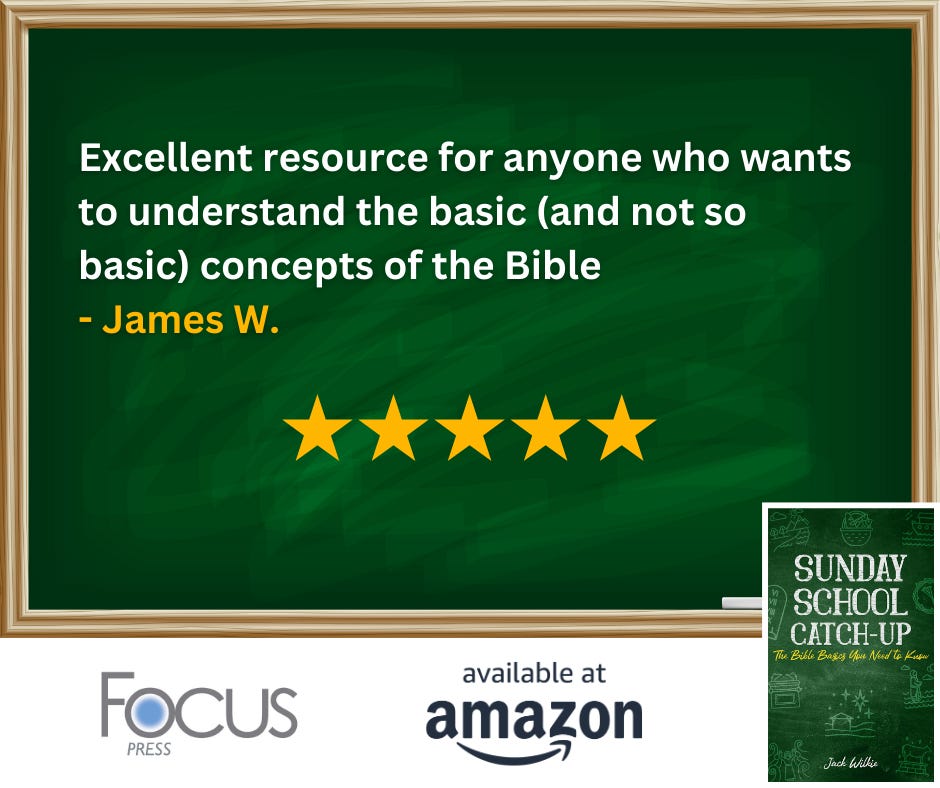The earthly father of all the faithful (Galatians 3:29), Abraham was the husband of Sarah and the father of Ishmael and Isaac. After the flood, it seems the world is spiraling away from God yet again, when Abraham enters the narrative in Genesis 12. He is the man God chooses to enact His plan of having a people and producing the Son who will crush the serpent (Genesis 3:15).
Abraham’s story begins with God’s grand but vague promises of a land, a great nation, a great name, and blessings on those who bless Abraham and curses on those who curse him (Genesis 12:1-3). (Notice the direct contrast to the architects of Babel and their attempt to give themselves a land and a great name in 11:4).
As Abraham trusts and obeys, God’s promises grow greater and more clear. In Genesis 15, Abraham is shown the land his descendants would be given, and in Genesis 17, he is told his heir will be of his own flesh, borne by Sarah.
He was originally named Abram, which means “exalted father.” But as part of the guarantee of the promise, in Genesis 17:5, God changed Abram’s name to Abraham, which means “father of multitudes.”
Significant events in his life include twice deceiving rulers (Pharaoh and Abimelech) about his wife Sarah being his sister (a partial truth, as she was his half-sister). He also crossed paths with Melchizedek, a priest-king who offered him bread and wine. Hebrews later demonstrates how Melchizedek was a type (or foreshadowing) of Christ. In Genesis 18:23-33, Abraham bargained with God to spare Sodom and Gomorrah for his nephew Lot’s sake.
Most famously, Abraham was commanded to sacrifice Isaac, the son of promise, on Mt. Moriah (Genesis 22). God intervened and provided a substitutionary ram with its head caught in a thicket (a crown of thorns, perhaps?) since Abraham had shown his trust in God’s promises, even if it meant Isaac would have to be raised from the dead (Hebrews 11:19). Mt. Moriah would later become Jerusalem’s Temple Mount, Zion, and was also where God made His covenant promise to David (2 Chronicles 3:1).
Know someone who might benefit from learning their Bible basics through these posts? Please feel free to share!
This is entry #17 of 150 from my book Sunday School Catch-Up: The Bible Basics You Need to Know - available at Amazon!





